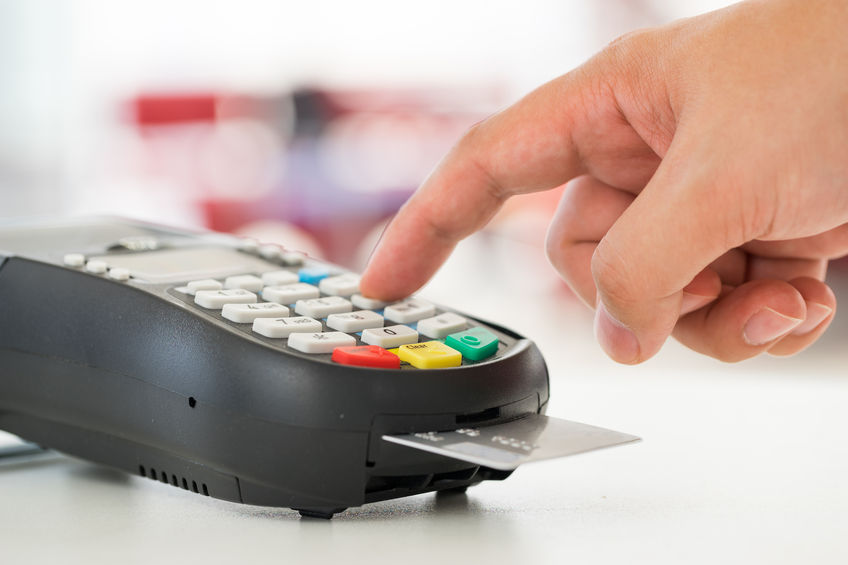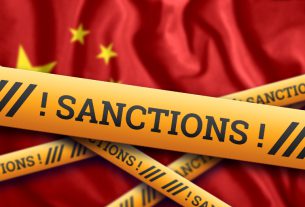It’s no surprise that Americans aren’t the best at saving money. It’s drilled into our heads from an early age through advertising and peer pressure that spending money is the way to happiness. New things will keep us happy, allow us to keep up with the Joneses, and help strengthen the economy, or so we’re told. And that’s why Americans continue to accumulate debt at an ever-growing rate. Despite the fact that many Americans realize that they need to keep a good amount of emergency savings on hand, 21% of Americans surveyed stated that they have more credit card debt than they do savings. That’s a sobering statistic.
One of the many problems with maintaining credit card debt is that the interest payments will accrue and grow larger over time. If you only make the minimum payment, or if you consistently keep a balance on your card, you’ll be hit with interest payments on every purchase you make. That can rack up quickly, meaning you’ll pay far more than the sticker price for every item you buy. Is that really worth it?
And if your credit card debt exceeds your savings, you’ll be in a tough situation if you lose a job, face a medical emergency, or find yourself in some other situation in which you have to spend a good chuck of money. If the US economy ends up in another financial crisis in the next few years, all those households that have accumulated so much debt will find themselves in a lot of pain if they lose their jobs and fall further behind on their debt.
That’s why it’s never a good idea to rely on credit to get you buy. In an emergency, sure, having that line of credit can help. But you need to pay it off as soon as possible. The two principles that apply to most credit card purchases are: 1.) If you don’t have money in the bank to pay for it, don’t buy it; and 2.) Pay off your credit card every month. Following those two simple rules could save millions of Americans a lot of heartache.
This article was originally posted on Red Tea News.





